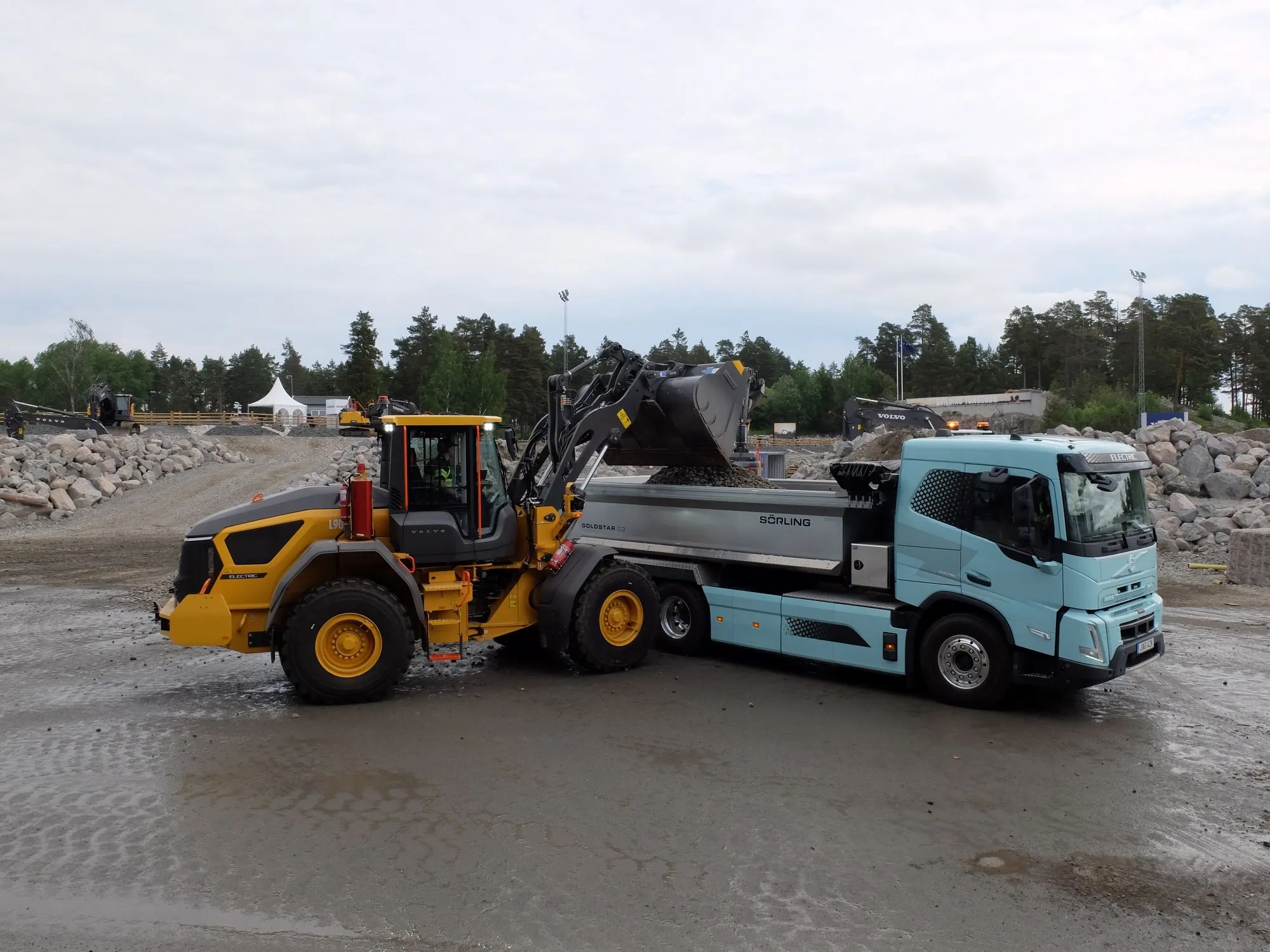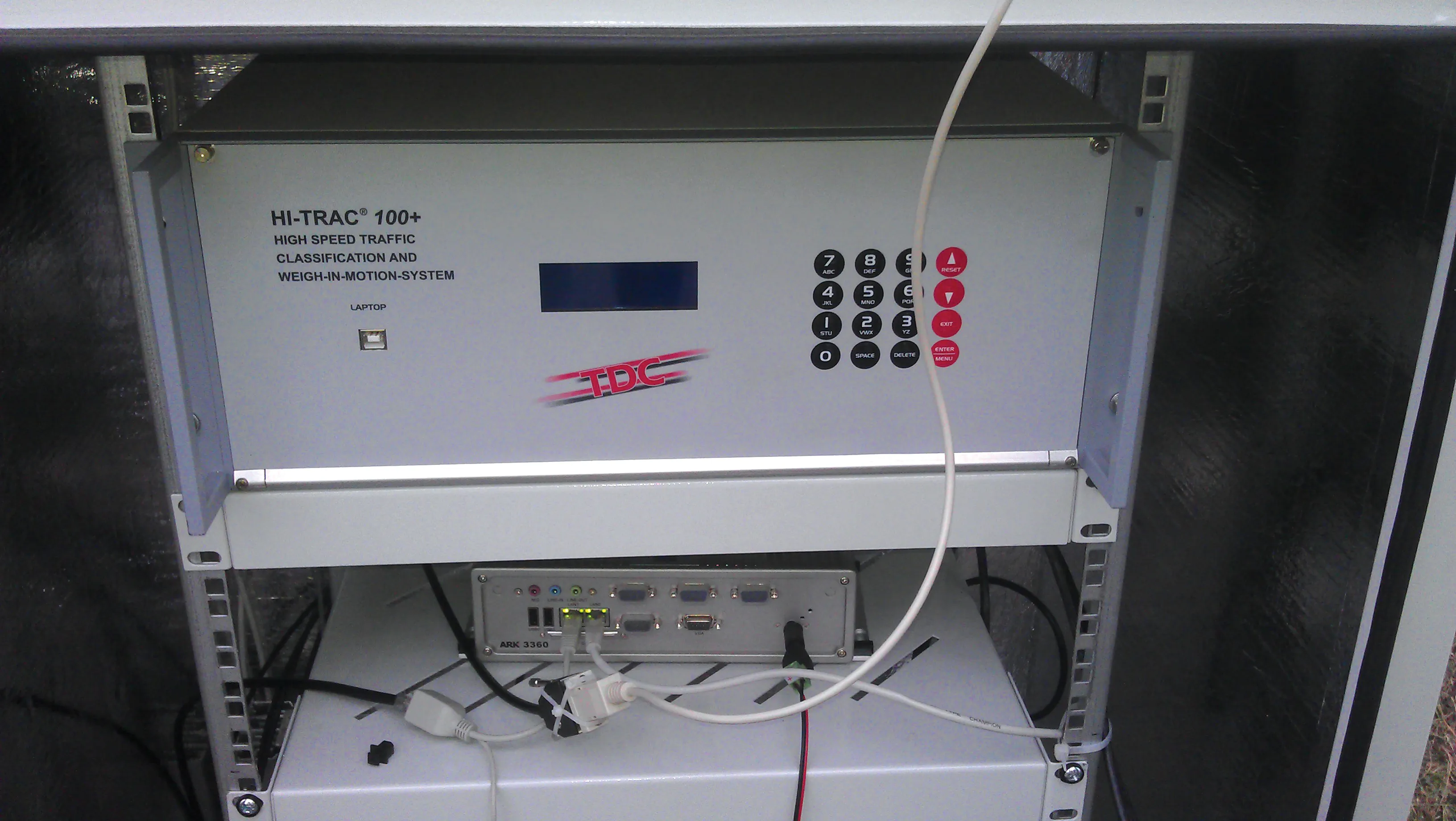Jejudo Island in South Korea wants all vehicles used on the island to be electric by 2030. The province is working towards adding over 500 electric vehicles in use in 2014, while the number of fast and slow-charging vehicles is set to be increased by 21 and 500, respectively, said Kang Dong-woo, section chief of the smart grid office under the provincial administration.
March 27, 2014
Read time: 1 min
Jejudo Island in South Korea wants all vehicles used on the island to be electric by 2030. The province is working towards adding over 500 electric vehicles in use in 2014, while the number of fast and slow-charging vehicles is set to be increased by 21 and 500, respectively, said Kang Dong-woo, section chief of the smart grid office under the provincial administration.








